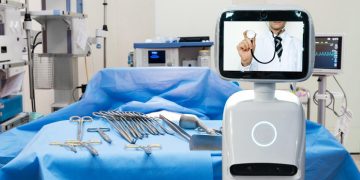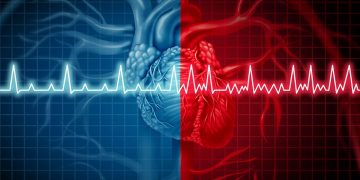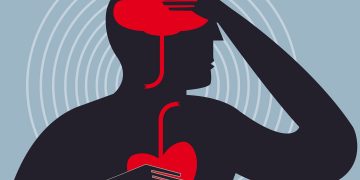In the event that you have alluded to a cardiologist interestingly, you could feel reluctant or scared. While it is typical to have this impression, a visit to an expert can assist you with distinguishing an issue right off the bat and do whatever it may take to treat it. Whether you have been showing side effects or your primary care physician recommends the visit as a preventive because of the family background of coronary illness, you will probably need to know what’s in store. Whatever the explanation. Today we share what’s in store and what wellbeing data you ought to bring to your cardiologist visit.
What’s in store and What to Bring
To capitalize on your cardiologist arrangement, you should be ready early. That incorporates gathering relevant well-being data. It is additionally useful to bring along something to take notes on. Carrying an organizer to keep yourself coordinated guarantees that all your wellbeing data is in one spot and you get the most potential exact evaluation. Fundamental data to have available incorporates:
- Order a rundown of your well-being history and the well-being history of your loved ones.
- Continuously bring a rundown of your ongoing meds and any new experimental outcomes or symptomatic data.
- Incorporate what medical care suppliers and experts you see.
- Note any side effects you have been encountering.
- Collect a rundown of inquiries you can pose to your primary care physician.
At your most memorable cardiologist arrangement, show up no less than fifteen minutes ahead of schedule. Doing so gives you a lot of opportunities to finish up desk work and answer inquiries regarding protection. During your visit, your arrangement will typically endure as long as 60 minutes. Contingent upon the justification for your arrangement, you may initially meet with a medical caretaker expert or doctor’s associate who will ask general wellbeing inquiries and more unambiguous questions connecting with your finding. By and large, a well-being check follows. You might be approached to go through additional testing to guarantee the most reliable analytic data is accessible to your cardiologist. The sorts of tests your cardiologist could arrange include:
- Blood tests
- Urinalysis
- Stress test
- Non-stress test
- Atomic pressure test or reverberation stress test
- Echocardiogram
- CT, PET, or MRI examine
- Coronary angiogram
These tests assist your cardiologist with bettering and figuring out your circumstance and give additional data about your heart wellbeing. A few patients meet their cardiologists at the clinic to make it simpler to run these tests during their arrangement. Toward the finish of your visit, your cardiologist could recommend meds or allude you to another trained professional.























































